Breaking News
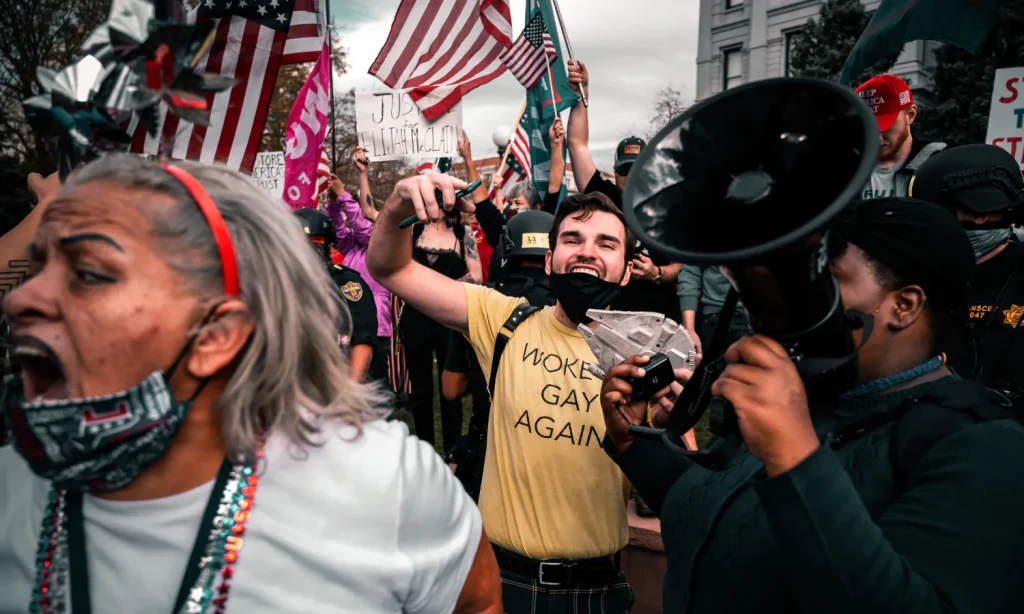

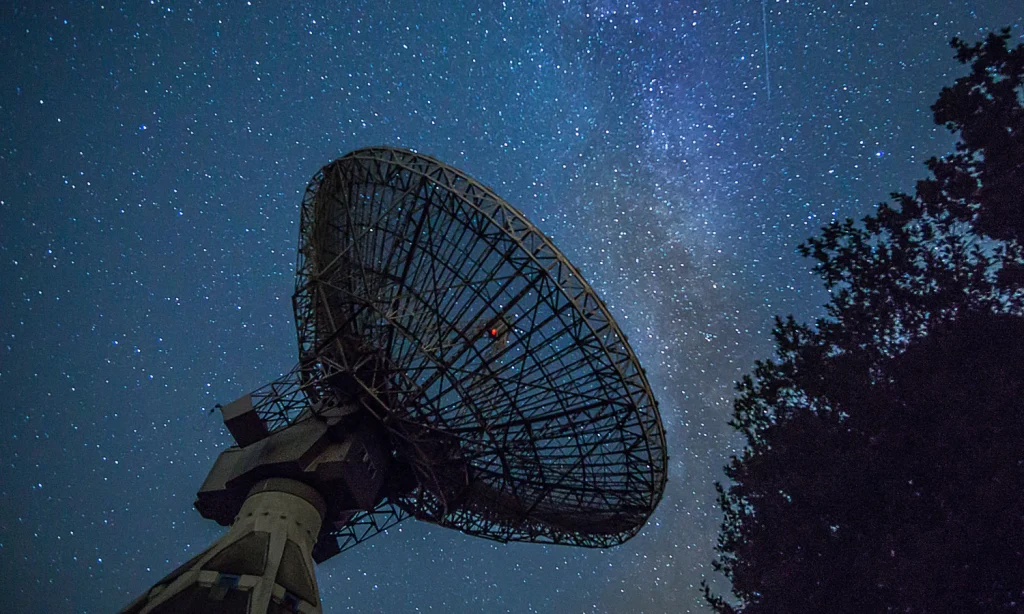
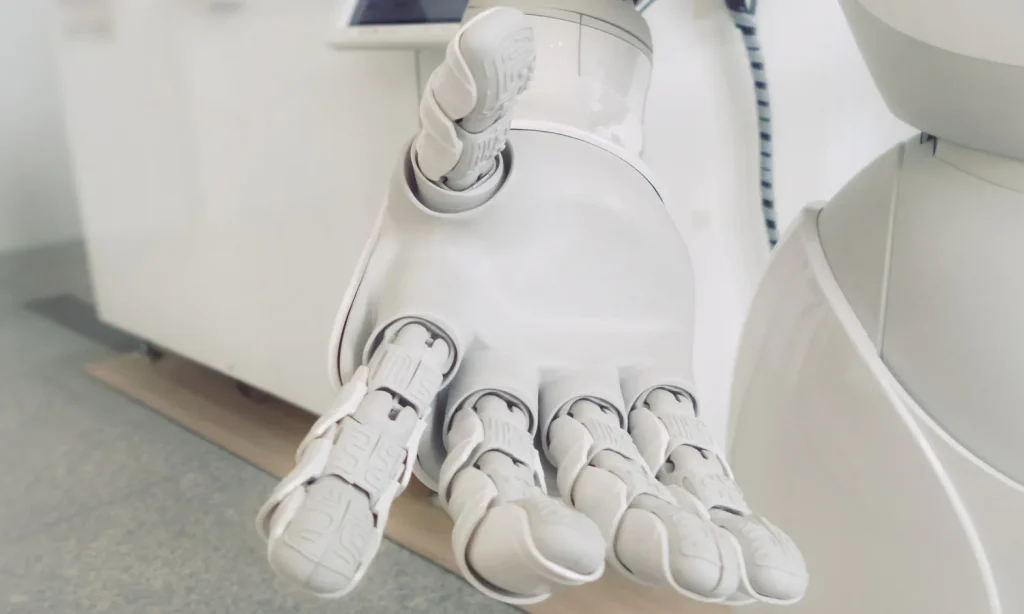
Popular News
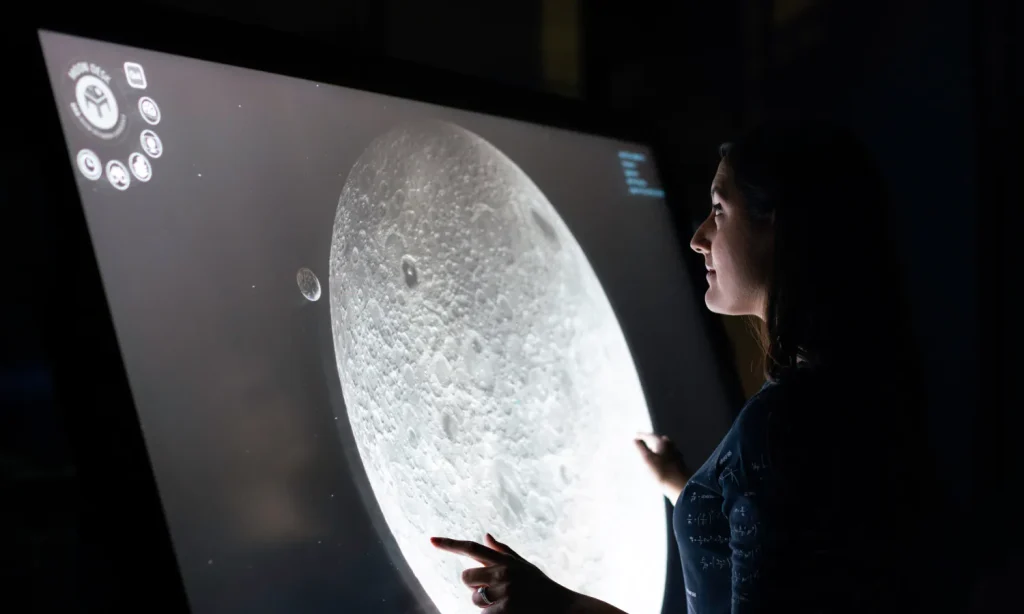


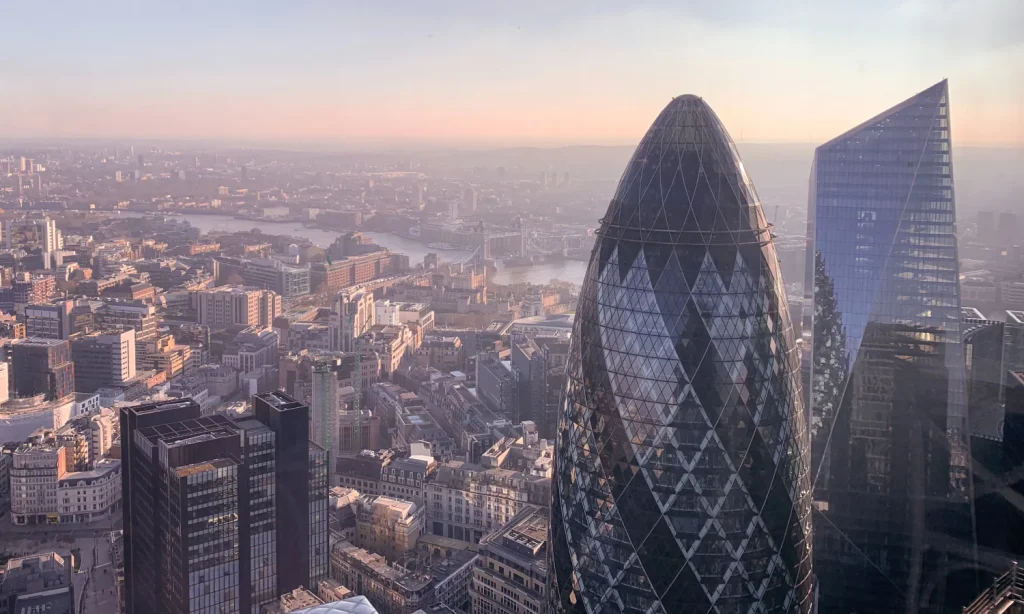









Enter your email address below and subscribe to our newsletter

Okay, so I just rewatched the film adaptation of one of my favorite fantasy books, and it's got me thinking. . . again....
Okay, so I just rewatched the film adaptation of one of my favorite fantasy books, and it’s got me thinking. . . again.
We’ve all been there, right You hear the news that a beloved book is getting the big-screen treatment. There’s that initial burst of ecitement, followed by months of nervous anticipation.
Will they get it right Who are they casting What parts are they gonna cut I remember when they announced *The Lord of the Rings* movies.
I was a huge Tolkien nerd in high school, and I had this massive, detailed picture of Middle-earth in my head. When the first trailer dropped, I must have watched it 731 times.
And honestly, Peter Jackson mostly nailed it. The scope, the visuals, the heart of it. . . it felt like the world I had imagined.
That’s the magic of a great adaptation—it feels like a collaboration between your imagination and the filmmaker’s. But then. . . there’s the other side of the coin.
A few years back, I was super pumped for a sci-fi movie based on a novel I adored. The cast was solid, the director had a good track record, and the source material was brilliant.
I went in with sky-high epectations. And man, was I let down. It wasn’t that the movie was *objectively* terrible on its own, but it completely missed the point of the book.
They changed the ending to make it more “Hollywood,” streamlined a comple plot into something generic, and stripped away everything that made the main character interesting.
I walked out of the theater just grumpy, feeling like they’d taken something precious and kinda. . . ruined it. This happens way too often, and it’s the worst feeling.
So, what makes the difference For me, it’s all about capturing the *spirit* of the source material, not just a slavish, page-by-page recreation.
Some things that work in a book just don’t work on screen. Internal monologues, for eample. A filmmaker has to find a visual way to show us what a character is thinking.
That’s a real challenge, and it’s where a lot of adaptations stumble. They either stick too closely and the movie feels slow and weird, or they change too much and it loses its soul.
And let’s talk about casting for a second. It’s a minefield! When they cast Robert Pattinson as Batman, the internet lost its collective mind.
But then you see him in the role, and for a lot of people, it just clicks.
It’s not about finding an actor who looks eactly like the character from the book cover; it’s about finding someone who can embody the character’s essence.
When it works, it’s perfect. When it doesn’t, it can sink the whole project before it even starts. At the end of the day, I’ve come to accept that the book and the movie are two separate things.
It’s like a cover song. A great cover can bring a new dimension to a song you love, making you appreciate it in a different way. A bad cover just makes you want to go listen to the original.
I try to go into adaptations with lower epectations now. I see the movie as its own piece of art, inspired by the book, not a replacement for it. If it’s good, that’s an awesome bonus.
If it’s bad, well, the book is still right there on my shelf, untouched and perfect.
What about you guys What’s the best and worst adaptation you’ve ever seen Is there a movie that you think is actually *better* than the book And how do you handle the disappointment when a favorite story gets butchered on screen Let’s discuss!